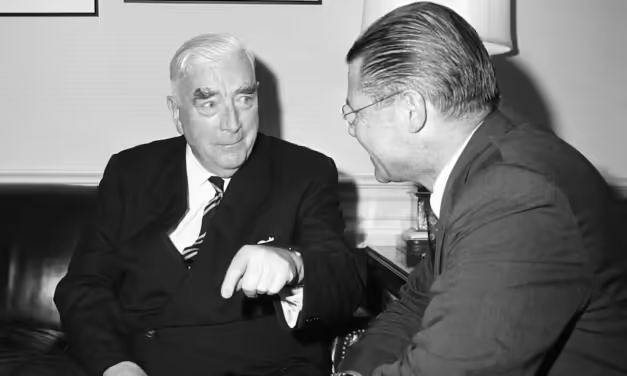From Captain Cook to the First Fleet: how Botany Bay was chosen over Africa as a new British penal colony
Reading time: 7 minutes
After Captain Cook’s Endeavour voyage in 1770, the east coast of Australia was drawn on European maps of the globe for the first time. Yet, in terms of European contact with the continent, there was an 18-year lull in between Cook’s 1770 landings and the arrival of the First Fleet in 1788.












